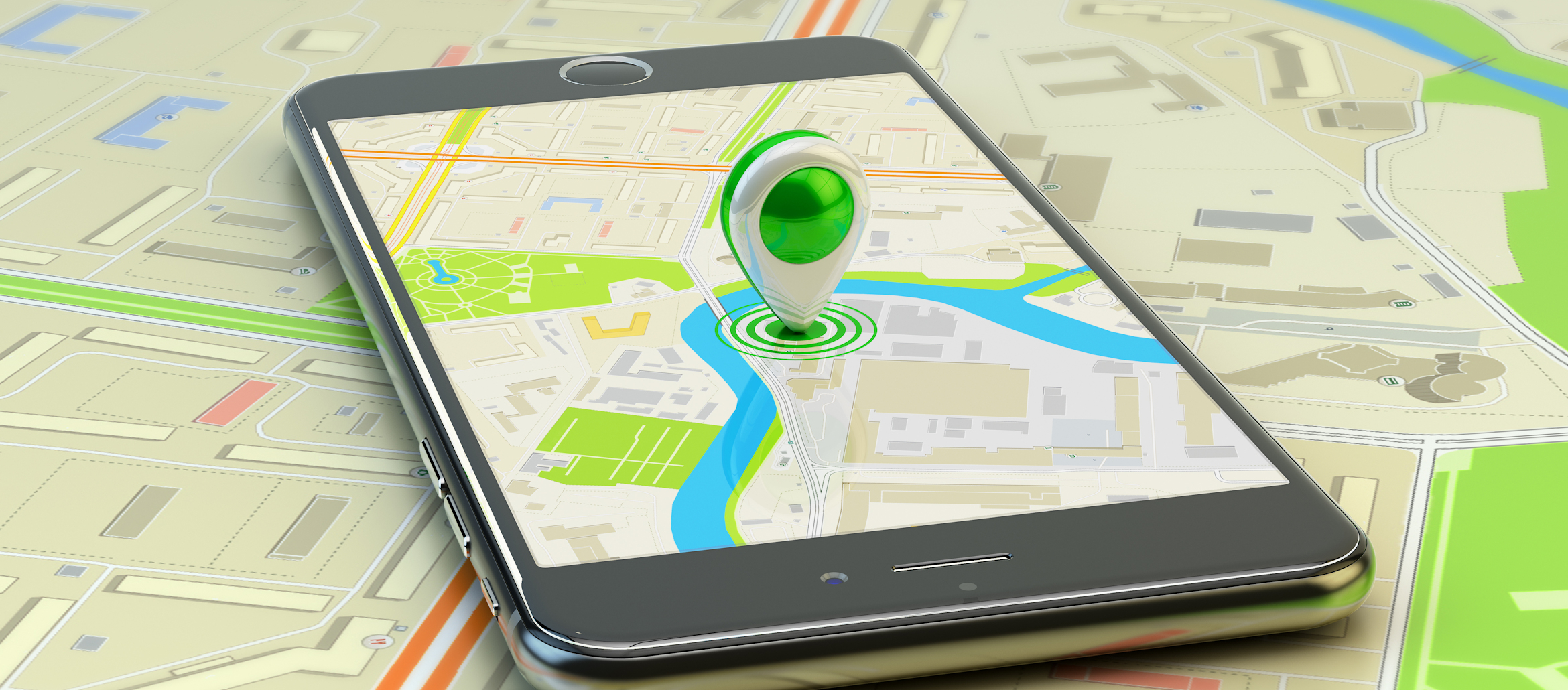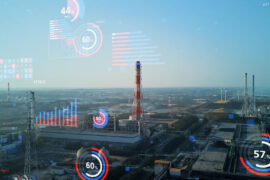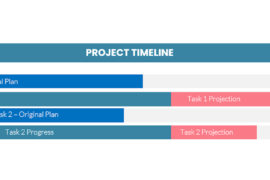I have a mobile phone from Verizon. One day, soon after I’d upgraded my phone, it chirped in the car. “Your Verizon team is ready for you,” it said. I was unnerved. What did they mean? Why are they saying that? Then, I looked up and saw that I was stopped at a red light outside a Verizon store.
I was somewhat stunned for a few minutes as I took in this new level of intrusion and surveillance. Yes, if you’re asking, I did have the Verizon app installed on my phone and, yes, if you’re wondering, the location services can be disabled. But it was a fascinating aspect to location services. Your phone knows a lot about you.
I’ve read with wonder this year stories on social media with concerns that vaccines might be able to track you. The stories of concern were almost certainly tapped in from a cell phone and read by people on a cell phone or at their computer. Trust me, if you’re on social media, you’re already being tracked. No one needs a vaccine to help with that.
In most cases, you are interested in sharing that information. When you go looking for a retailer or a restaurant or some service, it’s nice to have the phone suggest options closest to you. In some cases, however, people can feel like they are being surveilled at a level that is unsettling.
For those in the project management business, there have been calls for geolocation services to be associated to project management updating applications for over a decade. This is hardly new. It is most often part of an interest in real-time project progress management which, in itself, is more of a myth than something you would want in your own environment.
“This will be a great feature,” say the salespeople. “It will reduce fraud if we show you that someone was where they were expected to be when they fill out their project progress or their timesheet.”
I’m not so sure.
For the vast majority of situations, having a physical location of a person isn’t required for project management. Oh, it’s super when we’re talking about tracking my UPS shipment and it’s great when they say my package is on the truck. But, is it just as important to know that my programmer is now at his desk and now is on his deck and now is in the car and now is at our office? Not nearly as much.
I’ve been talking about how management structures need to change as organizations begin to transition back to in-person work. In such a structure, is it more important to know how much time someone was at work than it is to know what they got accomplished in that time?
In our office we’ve been focusing on the cost of activities rather than the attendance from one time of day to another. Geolocation isn’t going to be so important for us in that scenario.
In our TimeControl product, our Mobile App doesn’t have automatic geolocation though the capability may well be put into the product at some point. If and when we do, we’ll make it so administrators and users can disable the feature.
I’m not sure where the value is though on tracking people’s location hour by hour in a project management context. Even on a construction site, many people have to enter and leave the site. Many people will do work in multiple locations. If someone is reviewing the plans for a building, is it important that they review them in a particular location? Usually not.
And, just how much effort should be devoted to consuming the location data and acting on it? Will you have project truant officers, looking at exception reports and trying to validate each exception? There’s probably a limited return on investment for that kind of time.
There’s no doubt that there will always be some people who don’t work as hard as others but with the vast volume of project progress data available already, I’m not sure that geolocation data will be the panacea for those who are ineffective.
So, implement geo-location when it makes sense to do so. The technology is already there. But have this solution be applied to a problem. If you don’t have a problem that can be solved with geolocation, then spend that effort on something else.





